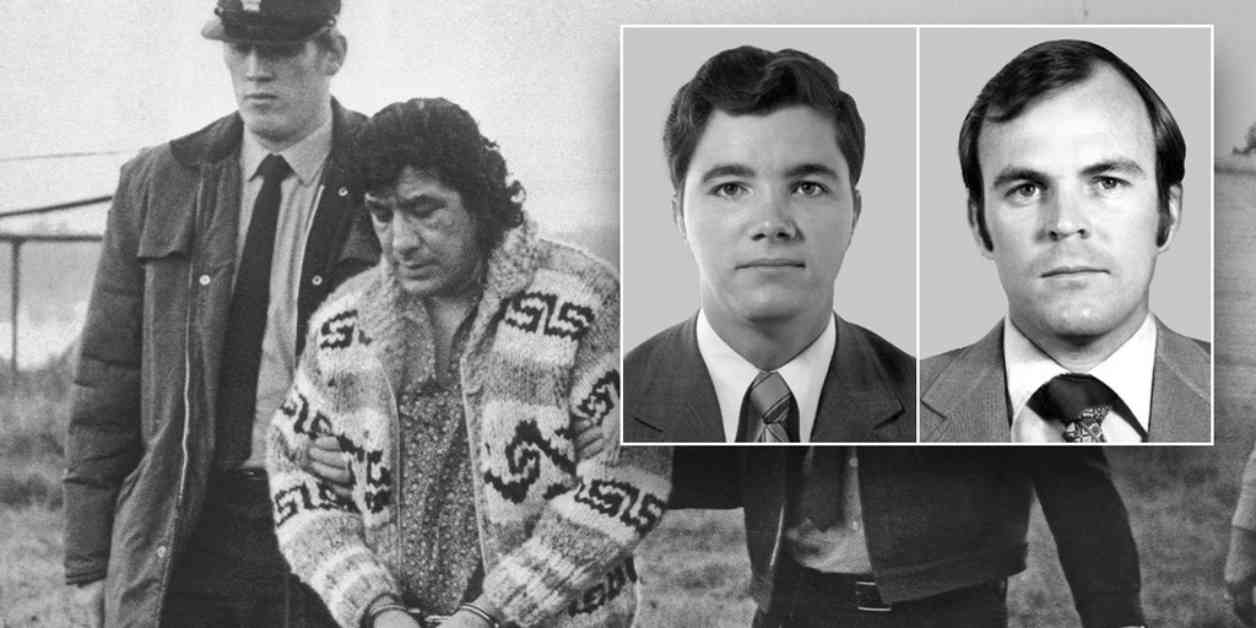The U.S. Parole Commission recently made the decision to deny parole to Leonard Peltier, a Native American activist with far-left leanings who has been serving time in prison for the murders of two FBI agents after a shootout in 1975. This decision was met with approval from the FBI and the FBIAA, with both organizations firmly against Peltier’s release.
Former Presidents Bill Clinton and Barack Obama had previously denied Peltier’s requests for clemency. Despite this, various Democratic figures, including Senators Elizabeth Warren and Bernie Sanders, have thrown their support behind Peltier’s release, along with former Interior Secretary Deb Haaland.
The incident in question took place on June 26, 1975, when FBI special agents Ronald Williams and Jack Coler were on a mission in the Oglala Sioux Indian Reservation in South Dakota. Although Peltier was not among the armed robbery suspects they were looking for, he was in a vehicle that caught the agents’ attention.
The situation quickly escalated, leading to a shootout where both agents were injured. Ultimately, both agents were killed with point-blank gunshots to the head from an AR-15 rifle. Witnesses claimed that Peltier was the only individual involved in the shootout who had an AR-15.
After the incident, Peltier fled to Canada but was later captured and extradited to the U.S. for trial. He was eventually convicted and sentenced to two consecutive life sentences for the murders, along with an additional seven years for an attempted escape.
Supporters of Peltier have argued that his 1977 conviction was based on flawed evidence and prosecutorial misconduct. Despite numerous appeals, including two that reached the Supreme Court, Peltier has been unable to overturn his conviction.
Prior to the recent decision by the parole commission, FBI Director Christopher Wray expressed strong opposition to Peltier’s release. He emphasized that Peltier had been convicted of intentionally murdering two FBI agents and had shown no remorse for his actions.
In conclusion, the denial of parole for Leonard Peltier has sparked debate and controversy, with supporters calling for his release while law enforcement agencies and officials stand firm in their opposition. The case continues to be a point of contention, with no clear resolution in sight.




















